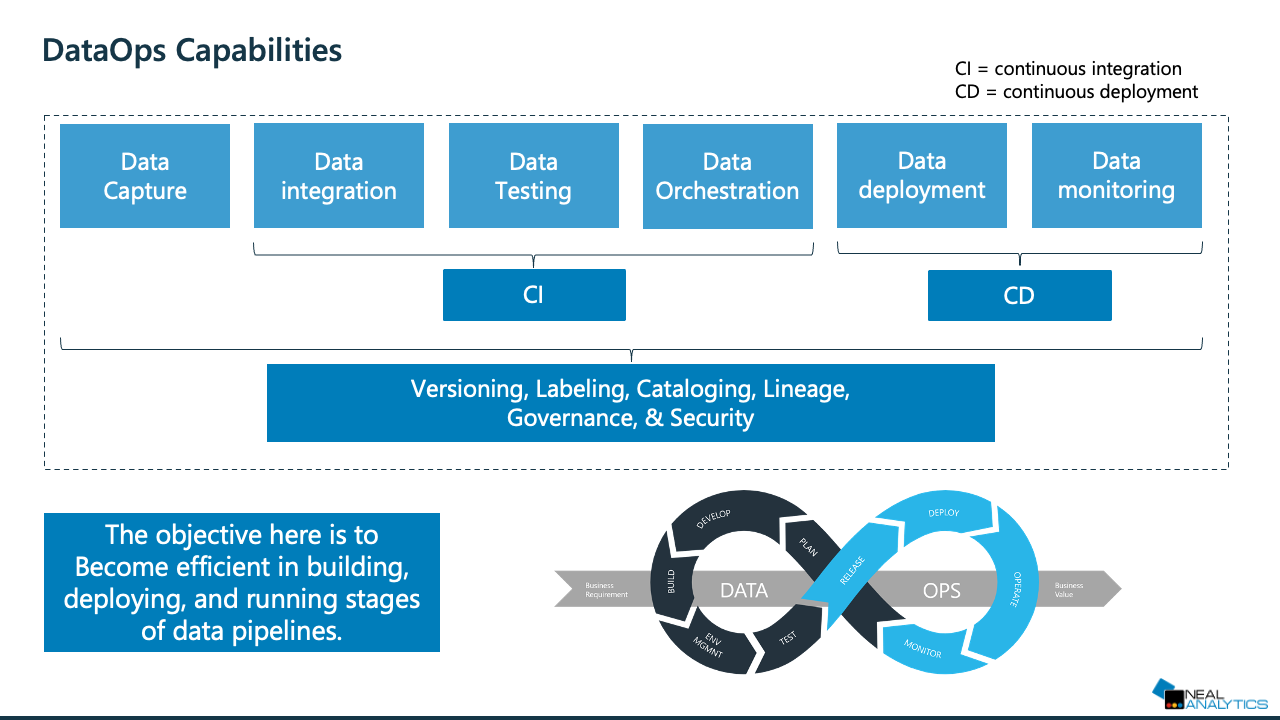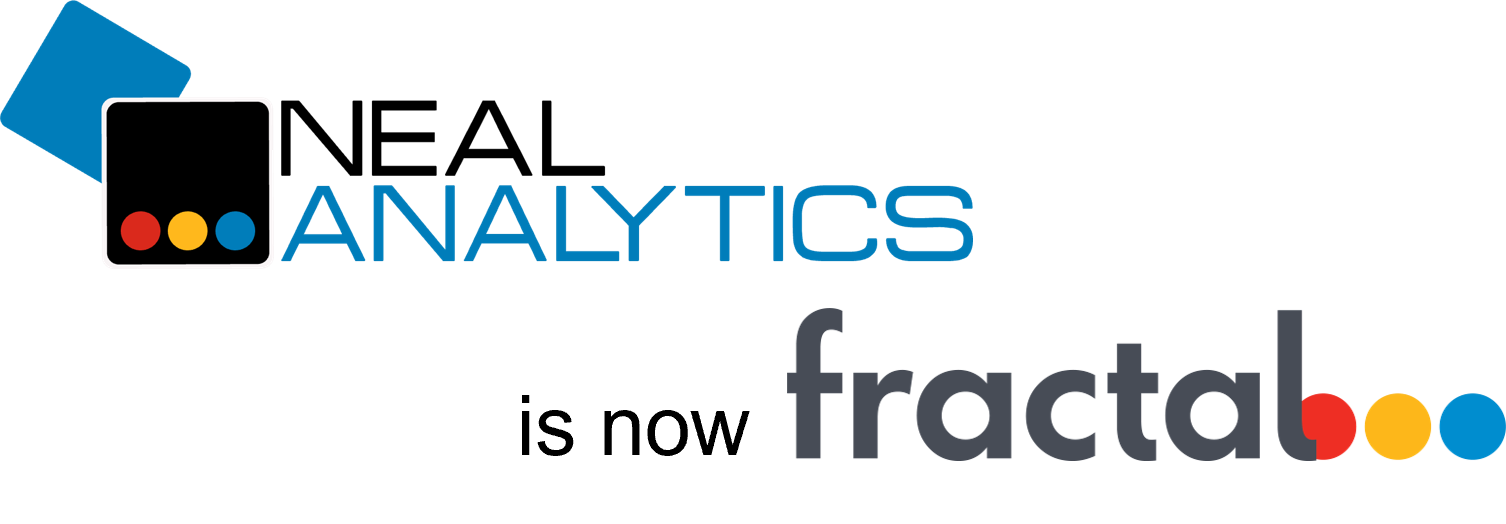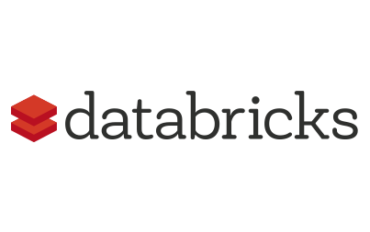
Effective Enterprise Data Management using Federated DataOps
In the past, organizations have built monolithic analytics solutions with a high degree of centralization around a single data engineering team responsible for maintaining the platform and building data pipelines. This approach doesn’t work in large organizations as they operate in a decentralized way. That’s why new data management approaches such as data mesh have emerged to tackle conventional data management challenges such as data redundancy and dependency, privacy and security, limited data sharing and availability, and data inconsistency.
The underlying reasons for these challenges are that traditional strategies fail to address the following adequately:
Complexity: Data projects can be complex, involving multiple stakeholders, systems, and technologies. This complexity can make it difficult to coordinate efforts and ensure that the project is delivered on time and within budget.
Lack of resources: Data projects often require specialized skills and expertise, which can be challenging to find and retain. The results can be delays and cost overruns as organizations need help to secure the necessary resources.
Data quality: Data experts are spread across the organization, departments, and business units. Centralized responsibility for managing data solutions leads to low quality. Good data quality can lead to correct insights and sound decision-making.
Lack of governance: With proper governance and controls, data projects can become more cohesive and organized, leading to delays and suboptimal outcomes.
Challenges like these block organizations from adopting modern data science solutions to efficiently manage data’s ever-increasing analytics need, volume, and complexity. Neal recommends leveraging Federated DataOps with your organization’s data management strategies to provide accuracy, consistency, and faster time-to-value.
Federated DataOps
Data operations (DataOps) is evolving every day to meet automation needs for organizations ever-increasing data and analytics needs. DataOps aims to improve the quality, speed, and reliability of data processing and data-driven decision-making within an organization.
DataOps automates data flows between data managers and data consumers within an organization. By improving and automating these processes, DataOps can help organizations to leverage their data assets faster and better and improve the quality of the insights. DataOps often uses a combination of tools and technologies, such as data integration platforms, data lakes, and data governance frameworks, to support the automation and integration of data flows across the organization.

Modern data management strategies like Data Mesh and Data Fabric architectures can use Federated DataOps Governance to help manage and automate the data flow within an organization. There are several reasons why organizations might choose to use Federated DataOps in conjunction with data fabric and data mesh architectures:
- Federated Governance: Organizations are adopting self-serve distributed data platforms, which could lead to silos and duplicate DataOps practices by different teams. Federated DataOps ensure high standards, reusability, and governance across teams.
- Improved data quality: Continuous integration and delivery can enhance data quality by catching and fixing errors early in the data pipeline. It ensures data accuracy and reliability.
- Increases speed: Automating and streamlining data integration and management processes can help organizations get insights from their data faster and make quicker decisions based on those insights.
- Enhanced collaboration: It promotes collaboration and continuous improvement, fostering better communication and cooperation between data managers and data consumers within an organization. It leads to progress in the overall effectiveness of data analytics processes.
- Reduced complexity: It can help reduce the complexity of data management and analytics processes by automating and streamlining the data flow within an organization, enabling quick and informed decisions.
Get started with your Data Management Journey with Neal
Companies are looking for a faster and more efficient way of managing data and preserving and using their data as technology advances. A sound data strategy is key to data’s successful and practical usage to achieve business goals within the stipulated time. The process demands quickness, efficiency, and consistency; hence, DataOps is used with DataMesh or Data Fabric to accelerate the implementation of data management strategies.
Neal Analytics is a data & AI Microsoft Solutions Partner that catalyzes data-driven transformation initiatives for enterprises leveraging the Microsoft cloud. We assist enterprises in creating end-to-end data management solutions that encourage innovation and value generation in line with current and anticipated market trends and long-term corporate objectives.
Contact us to get started with a data management strategy using best DataOps practices.




